Prominent Kenyan activist Boniface Mwangi has launched a scathing critique of Nyaribari Chache Member of Parliament Zaheer Jhanda, labeling him as a “crook” and expressing incredulity over the Directorate of Criminal Investigations (DCI) Kenya’s failure to prosecute him successfully.
Mwangi’s comments come amid increasing political activism and a growing demand for accountability in Kenya’s leadership.
Known for his unwavering stance on social justice and anti-corruption efforts, Mwangi took to social media to air his frustrations.
“This man is a crook,” he declared, questioning how Jhanda has managed to escape legal consequences despite numerous allegations against him.
“How @DCI_Kenya has been unable to make a single charge stick, beats me. He should be on the top list of those we are recalling.”
Mwangi’s remarks resonate with a broader sentiment among many Kenyans who feel increasingly disillusioned with what they perceive as rampant impunity among public officials.
His call for Jhanda’s recall underscores the mounting demand for transparency and accountability in governance.
Zaheer Jhanda has been a contentious figure in Kenyan politics, facing multiple allegations of corruption and misconduct.
Despite these serious accusations, the DCI has yet to secure a conviction against him, leading to widespread frustration among activists and the general public.
The public denunciation by Boniface Mwangi underscores the crucial role that civil society and activists play in holding leaders accountable.
Mwangi’s outspoken nature and willingness to confront powerful figures symbolize a larger movement within Kenya that seeks to uproot corruption and promote good governance.
Mwangi’s criticism is particularly significant in the context of Kenya’s current political climate, where public confidence in governmental institutions is waning.
Many citizens are calling for more stringent measures to combat corruption and ensure that those in positions of power are held responsible for their actions.
Activists like Mwangi argue that the failure to prosecute individuals like Jhanda not only undermines the rule of law but also erodes public trust in the justice system.
They contend that without accountability, the cycle of corruption and impunity will continue to plague the nation.
Mwangi’s demand for Jhanda’s recall reflects a broader movement within Kenya, where citizens are increasingly taking a stand against corruption.
This movement is characterized by a growing willingness to challenge the status quo and demand better governance.
Activists are leveraging social media and other platforms to mobilize public opinion and put pressure on authorities to act.
The DCI’s inability to secure a conviction against Jhanda raises important questions about the efficacy and independence of Kenya’s investigative and prosecutorial bodies.
Critics argue that political interference and lack of resources are significant obstacles to achieving justice in high-profile cases.
As Kenya grapples with these challenges, the role of civil society and activists becomes ever more critical.
Figures like Boniface Mwangi are essential in driving the conversation about accountability and transparency forward, ensuring that public officials are not above the law.
Mwangi’s vocal condemnation of Zaheer Jhanda is more than just a personal attack; it is a rallying cry for all Kenyans who seek a more just and equitable society.
As the country moves forward, the demand for accountability and the fight against corruption will undoubtedly remain at the forefront of the national discourse.

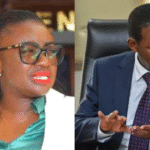




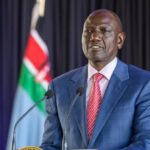
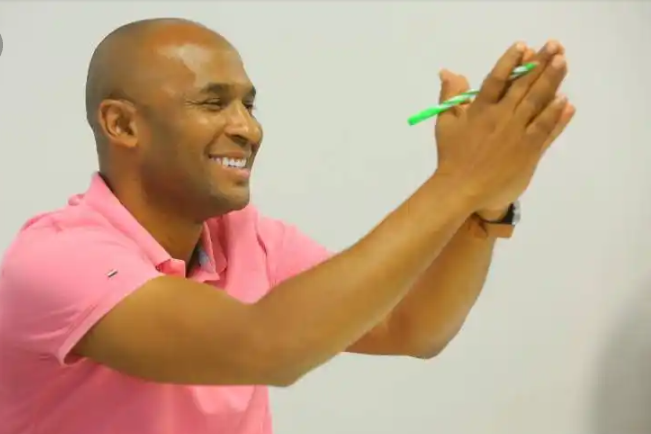
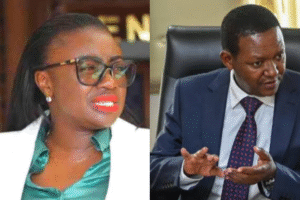
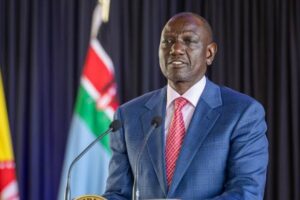
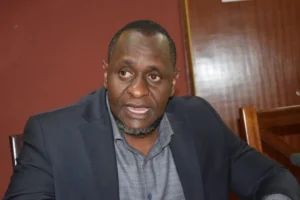
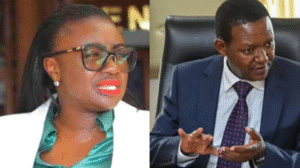
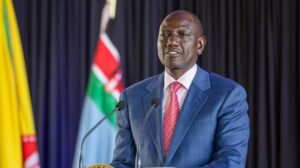

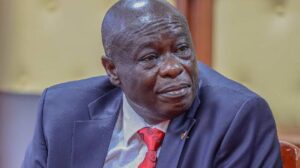


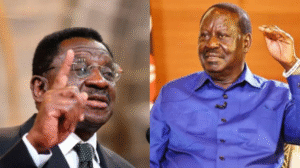
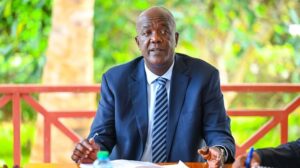
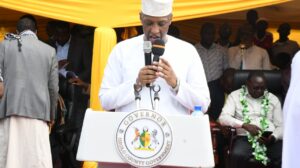
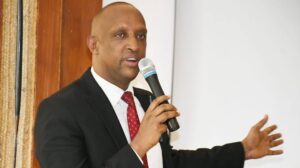
Add Comment